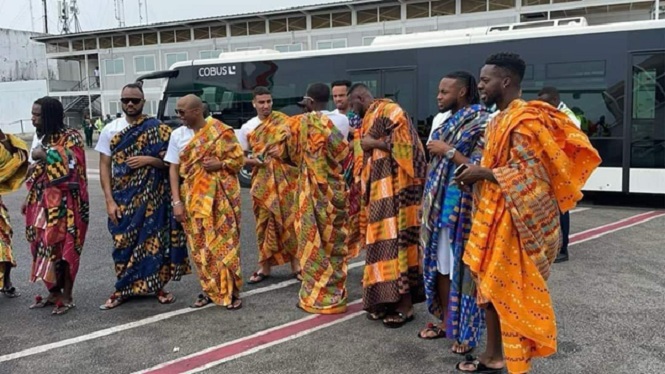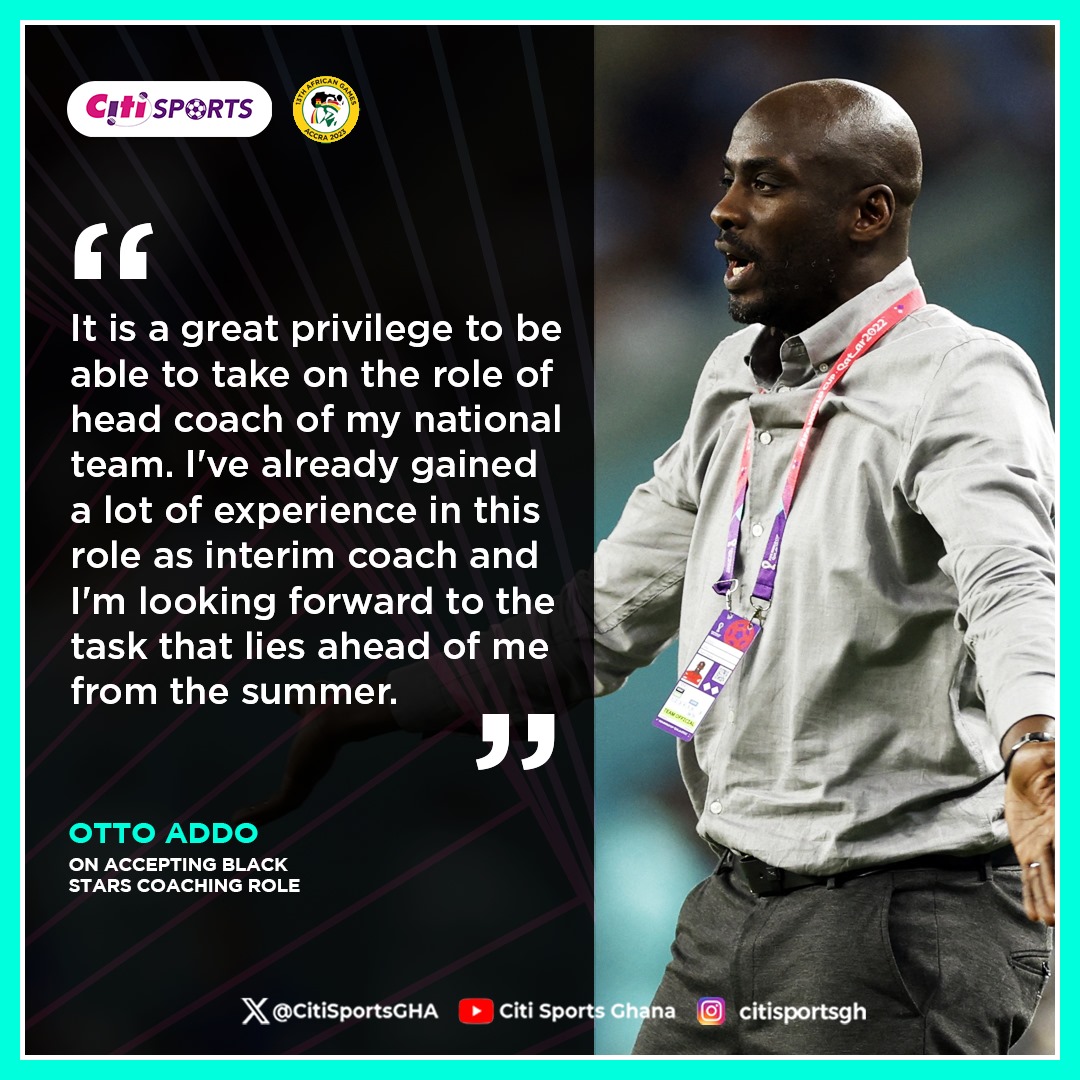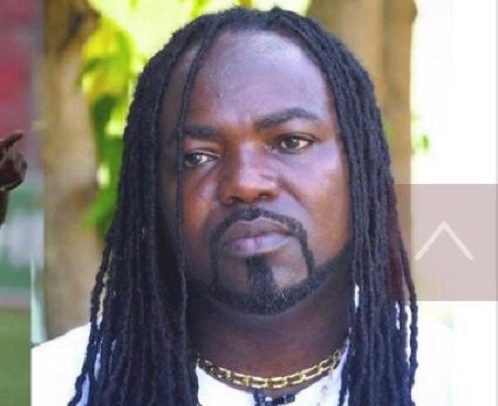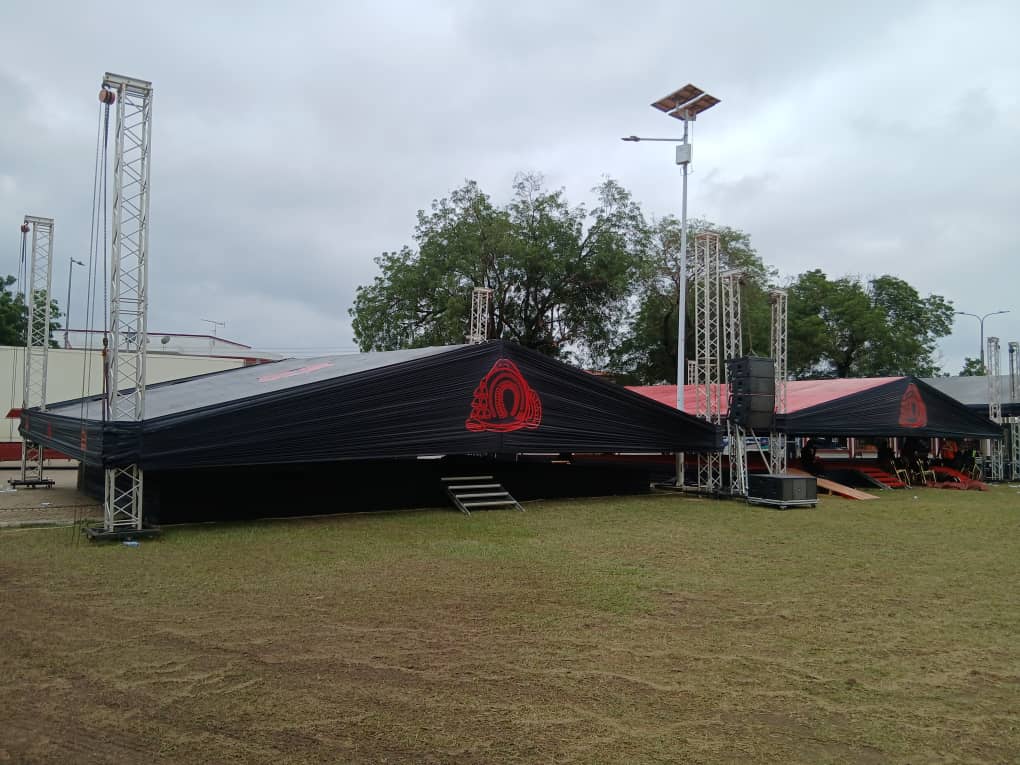
By Samuel FIANKO
The story of Maame Mansa Richardson, CEO of Café de Boba
Recently, I came across a TikTok video of a young lady narrating how she started a Boba business from scratch. I was fascinated by the story and caught up with her in an interview. Meet Maame Mansa Richardson, CEO of Café de Boba, in this first edition of Work in Progress. Be inspired as you take front-seat view of her ongoing journey.
Samuel: Who is Mansa? Tell us about yourself and your background.
Mansa: I am Mansa, a young lady who likes money, and doesn’t want to work for anybody. My escape route is to open businesses. I’m passionate about, first and foremost, not just the money. For instance, I started a spa because I like skincare. Now my addiction to Boba led us here; so we have Cafe de Boba.
My dad is a civil engineer and my mum is into fashion. When I started uni, I used to do internships with PwC (in advisory) but I realised year on year that this was not something I enjoyed – the strictness of 9 to 5 and the rigidity of working for somebody.
Samuel: You’ve started other businesses aside from Café de Boba. Can you share a bit about those ventures and what inspired you to step into the world of Boba tea?
Mansa: While in uni, I had already started doing hair and makeup – I used to braid people’s hair on campus. That’s where the entrepreneurial bit of me started. I used to sell things – I used to buy jeans and sell. I used to like buying and selling – making money. So when I used to do corporate work over the vacation, I realised that it’s not something that I liked.
This is how I got into make-up: I often watched YouTube tutorials and was intrigued by all that I was learning. So I would go to Accra and search for the cheaper options to their tools and try them on my friends.
As a result, when I started doing make-up professionally, I didn’t go and train with anybody – it was all from YouTube. Then, gradually, people began importing these foreign brands into the country. I started buying and building my collection bit by bit. As well, I used the money I was earning from braiding hair to buy make-up stuff.
Then I entered make-up fully. Even after uni, I did make-up for years till 2022. In 2019 after uni, I decided I would do make-up full-time and use the proceeds from make-up to build either a make-up brand or a skincare brand. At the time, too many people were into make-up brands. I thought to myself: “Why not do skincare?” – which is something I like.
Truth is, I feel like if your skin looks good, you won’t really need make-up. I ventured into skincare and it took off. We started selling gradually. I started importing these facial brushes and other tools from China. I kept selling and eventually, when I made enough money in 2021, I launched my skincare brand proper. Then, from my skincare brand, the spa also came into existence in 2023.
Samuel: For how long had you dreamt of owning a Boba business, and what motivated you to bring it to life?
Mansa: Initially, it was just the craze for it. I just liked it so I was buying a lot. The first time I tried Boba was in Dubai (I had seen it in movies those black pearls – I just wanted to taste it). I went to the mall, saw a small Chinese store and bought it to try.
It was really nice. I didn’t know there was any here in Ghana until I returned and discovered a store that sold some. I tried it and it was good. I kept buying so much that at a point when I opened the door, they could tell I was buying the banana milk because they knew my preference.
It went on for some time and I realised I was spending too much money on Boba. I had a friend in China and when she was coming down one time, I asked her to buy some samples of the pearls to bring home. I would then be able to make my own drinks at home. It just started with me making drinks for myself and enjoying it so that I don’t have to buy from somebody else. I kept experimenting.
I always used to tell my friends that if I ever start another business, I think it would be Boba because of my love for it. I see that there is a market for it. If I’m exploring options for a business, this looks lucrative.
Samuel: What was the planning and research process like before you started?
Mansa: When I got serious about starting early in 2024, I would let suppliers send the pearls to my friend who returns from China every month. I researched what makes the Boba good, in terms of the pearls to look out for. I kept watching YouTube videos and scouring the Internet for general information.
I realised it was capital intensive. I knew I didn’t need a big space for a Boba shop – a cute shop would do since it’s like a small café. If you’ve done your research, it’s all money; if you have the money, everything is easier.
Starting it up was not as tedious as the spa. I did the research even when I was not interested in the business part of it but if you do your research and figure out everything, the rest is funding it and making it happen.
Samuel: How did you secure the capital for this venture?
Mansa: It was my savings, plus I have an investor who receives a percentage of the proceeds per our contract. I felt like this business was time-sensitive. By the time I realised I really wanted to do this, we were already halfway through the year. I knew I had to open before December, so the timeline was critical. I needed somebody to push my savings. She was open to the idea, so it was fantastic.
Samuel: Did you have the support of friends and family during this journey? How did their financial or emotional support (or lack of it) influence you?
Mansa: Honestly, I’m surprised. Sharing my story on TikTok, I thought people didn’t care. I tell everybody that I didn’t know Ghanaians were this empathetic. I didn’t know that they would be excited about somebody’s story.
I find that people in the Western world are very empathetic. Somebody can just share that their business is failing and that they want to close it down and everybody will rush into the store just to buy to support so they don’t close down. But I didn’t think Ghanaians were like that.
When I shared the first episode, I filmed it standing at a corner of the shop and I told my friend to record so that we create something short. Over the months I was doing this, I knew I wanted to share it and it was the same for my spa too. I documented everything just because I like such stories on social media.
I was ready to share this particular one. For the spa, I couldn’t share because it was such a big project and I wasn’t ready to reveal it to people yet and it wasn’t so cool to go back to share the story. But this was different because I was able to share it on the Internet and it went viral; and many people expressed their excitement.
The support was overwhelming. I think it’s easier for people to support something like this because it’s cheaper; it’s just a drink. For my spa, I don’t think I got more home support from friends and family.
It’s rather strangers that have supported me so much. But for this, I can’t say same because I’ve seen very familiar faces here, but I think the strangers are still more. The support on this particular one has been very wonderful!
Samuel: What was the process of ideation for the brand?
Mansa: I worked with InkMonster to develop the brand. He’s not new to my way of thinking and processing things because I’ve worked with him on all my other brands. Before I start something, we’ve probably discussed it a year prior.
That’s how I visualise things – if I have an idea, I will do everything about it and then just keep it there; and just keep dipping it and soaking it and getting more ideas for it.
For this Boba thing, we already knew we’d do it but at that time, I wasn’t so serious about it. So even though he did the branding at the beginning of last year, we started the implementation in July. He is very creative and I feel like we have good creative chemistry so when I share something, he just gets the vibes. You know, when you’re working with somebody like that, it just flows. We bring out the best of each other, so it makes the work easy.
Samuel: Who are the people behind Café de Boba?
Mansa: The staff is made up of people who live around. I think that when you’re starting a business like this, if you say you’re looking at integrity and people’s character, you won’t hire anybody. People come in and with time you’ll be able to separate the good stuff from the bad stuff. When you identify the bad, let them go.
Thankfully, for a Boba shop, you don’t require any special skill to work here – the training process is not that challenging. You can take two weeks to train somebody very well. It’s not so difficult. If somebody is underperforming, maybe this is not their space – you let them go and hire new people.
Samuel: Tell us about the Boba flavours you offer and what inspired them. Are there any unique creations or local twists?
Mansa: There are some classic flavours when it comes to Boba, like the brown sugar series – that was the first Boba that was made. The highlight of ours is that I didn’t want to use a lot of powders – those taste very artificial and they don’t give the authentic flavour of the drink. Here, almost all our flavours are actual fruit, so that you can get a good taste of the drink.
For example, if it’s strawberry milk, we’re not using powdered fruit but fresh fruit for you. Matcha wasn’t a flavour that I could easily find in other stores so I decided to introduce people to Matcha, and new flavours like Ube. No store in Ghana sells Ube but it’s popular in the Philippines – in Asia, generally.
The reception has been beautiful. Our classic chocolate flavour is called Choco milo, instead of calling it the boring chocolate flavour. I know people like Milo already, so naming that flavour Choco milo brings some nostalgia and people who like Chocomilo can relate – it tastes like Chocomilo.
We’ll also be introducing new flavours as and when. We’re also testing out the current flavours – if we realise there’s something that people are not digging, we take it off and then introduce what they like.
Samuel: What have your efforts been in spreading the word about this new business?
Mansa: I haven’t explored any traditional media. I haven’t paid anybody. Even the fliers I printed to share, we haven’t shared any. I have been telling my team and my friends that there is an untapped market I am missing out on but I also feel like I am not missing out because we are in such a digital age that people see everything off the Internet first. But I still feel like I want the community to be in sync with us, to know that something has happened. I am looking at a bicycle with a billboard roaming the streets soon.
I want the people around to see it because they are closest to us; so if anything, they can be the regulars. It’s not just about the social media hype – we hope it doesn’t dip, God help us. But if that should dip, it is the community that really holds a business.
So you want to make sure the people around or the people who use this area a lot – even if it’s to come to work every day – become the regulars. I’m looking to explore other forms of advertising, not just social media; but social media has blown it for us.
I think sharing my story has generated explosive organic growth. I wouldn’t have it any other way – I’m glad I did! I don’t know how it would have gone if I didn’t do that and we had to spend money. It would really cost us a lot.
But I feel like the flavours are good – the drink is nice! So that would have brought us market but not as much as social media has pushed it and caused a lot of people to come and try it and bring their friends. The Muslim community especially has been amazing.
I thought Dzorwulu and Abelenkpe people would be as excited but you see my Zongo sisters coming in. The Nima, Maamobi and New Town girlies have been fantastic. They come in groups, bring their friends, they buy for the community.
One person will come and buy like seven drinks and there’s a whole bunch of people waiting for their drinks – it’s been amazing. They close from Makaranta and they’re here in their numbers. I’ve been overwhelmed but it’s been amazing.
Samuel: What challenges have you faced so far, and how have you overcome them?
Mansa: I thought power would be such a big issue but I think Dzorwulu is a good area. I’m not discriminating but certain areas are a bit more privileged so our power outages are just once a week, and even that’s not the whole day.
However, I have a standby generator. I wouldn’t say anything in particular has been challenging. I wish there was a company that was making the Boba pearls – made of brown sugar and tapioca cooked halfway, kneaded into balls – locally for us.
The importation is a lot of money – that’s the only downside. They’re not so expensive but they occupy a lot of space so even if it’s sea shipping, it’s a lot of money to ship them. Plus, the earliest travel time from China to Ghana is about 35 days by sea. So, it’s vital to order a lot, just to keep up with the demand.
We take all the feedback and we’re working on making things better. I think the wait time is fair. I’m also hoping to soon get a bigger space so that people come and relax and get somewhere to sit instead of our cute shop here.
Samuel: How do you stay updated on market trends and ensure Café de Boba remains innovative?
Mansa: The Bubble Tea market is rapidly growing. In China, they have about 9,000 brands. One brand can have a chain of 50 branches. So you can imagine the amount of plastic waste. I know a lot of food businesses in Ghana are not so conscious of that. But for me, during my research, I noticed how massive the use of plastic is in every aspect of the business. I decided to make a small effort to help reduce the plastic waste.
For example, when we were getting straws, I knew about paper and other materials, but obviously paper won’t work for bubble tea because the straw has to be in the drink for a while and you should be able to suction to get the pearls out. So we sought an alternative to plastic.
I was introduced to PLA, which is a by-product of corn starch. It could perform like plastic and the supplier worked on it. For the outer packaging, we avoided rubber as much as possible. We opted for paper bags instead of polythene bags, locally made by a Ghanaian business.
I saw a cafe in Bali that uses bamboo to make their cupholders. I went to some local artisans. I created one myself using some strings to give them an idea of what I wanted. One replicated it. When I went, I was so impressed. We ended up giving him a contract to make enough for the store.
Those are the small ways we are trying to reduce plastic waste. Right now, the only plastic we use in the store is the cups. Nevertheless, we are working on improving them someday soon. Maybe, there will be paper cups that can be used or some new material aside from plastic.

Samuel: What’s your long-term vision for Café de Boba?
Mansa: We’re looking at a bigger space, more branches – expanding, that is the goal. Branching out to other parts of Accra, other regions, hopefully. Once I get a good working system – because systems are what hold the business, and you want to make sure that you build a strong system where even without your physical presence, they understand what is happening. Hopefully, when we get the systems solid, I can expand to different parts of Accra.
Samuel: What advice would you give to someone with a 9-to-5 job considering starting their venture?
Mansa: Do it afraid! There’s no formula. Even if you see somebody do it, your story might be different. But still do it. Sometimes, I think: “What if I chose not to and just brushed the idea aside?” There would be no Café de Boba today. I prayed about it. I knew it was time to do it. Trust your instinct – that thing pushing you and telling you that it’s a good idea.
It really is! Plan it out well and execute. People see the effort you put into the work. Just don’t be mediocre. Everyone who knows me will tell you that if I start something, I mean it; I’ll do it and do it well. So if you mean to do something, just do it and do it well. Do it afraid. You’ll be fine!
>>>The author is a seasoned writer who specialises in telling stories of African businesses and business owners. He can be reached at [email protected]
The post Do it afraid: Black pearls of great price appeared first on The Business & Financial Times.
Read Full Story






















Facebook
Twitter
Pinterest
Instagram
Google+
YouTube
LinkedIn
RSS